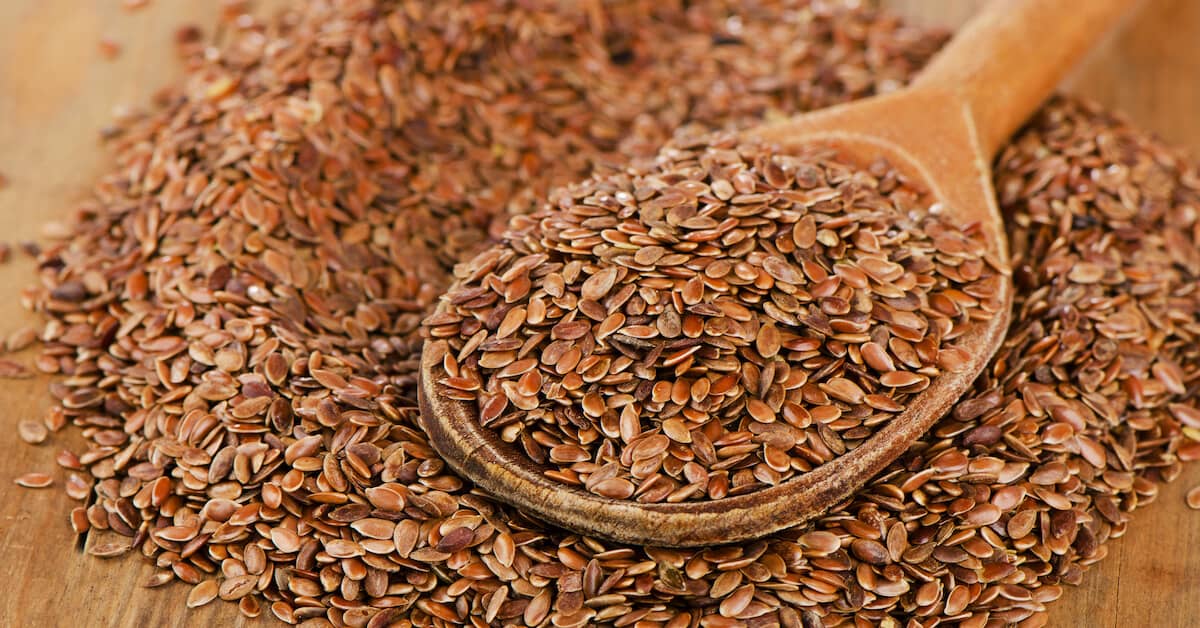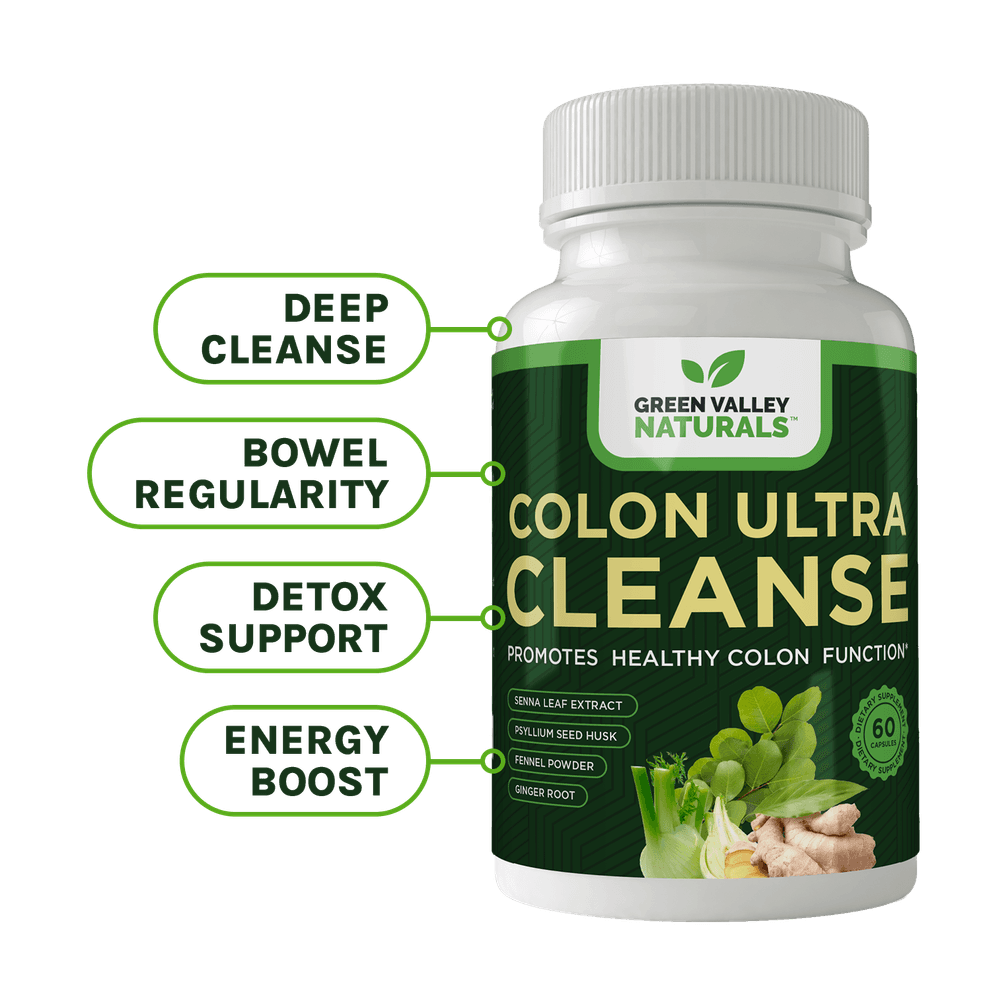
The tiny flax plant, with its slender stem and pale blue flowers, has benefited humans since the Stone Age. From textiles and oils to grains and medicines, flax has played a significant role in human life throughout history.
But it’s the health benefits of the plant’s tiny seed that have eclipsed its other uses. Not only does the flaxseed hold a powerhouse of nutritional advantages, it also helps prevent certain illnesses and can protect our bodies from damage that comes from living in our modern world.
The nutritional reasons for eating flaxseed are enormous. These seeds have hefty levels of omega-3 fatty acids, dietary fiber, Gamma-tocopherol (a form of vitamin E), alpha-linolenic acid, phenolic acids, and compounds called lignans.
The many health benefits of consuming flaxseeds include lower cholesterol, better blood sugar control in patients with Type-2 diabetes, and improved heart health.
A study published in the Journal of Medical Sciences found that flaxseed oil can decrease insulin resistance in diabetics and pre-diabetics, and can help reduce the risk of developing type-2 diabetes.
Prevents Cancer
Better still, flaxseed appears to help prevent cancers of the breast, prostate, and colon, thanks to the high levels of dietary fiber, lignans and alpha-linolenic acid (ALA).
The lignans are key, because according to cell studies, they increase antioxidant, anti-inflammatory and carcinogen-deactivating enzymes. Studies in mice show that the lignans in flaxseed lower both the development and growth of cancer. And these lignans kill cancer cells directly by increasing the rate of apoptosis, or cancer cell suicide.
The phenolic acids in flaxseeds are also vital because they increase the antioxidant and anti-inflammatory response of the body against cellular damage from our environment or from normal cellular processes in the body.
In addition, animal studies show phenolic acids help balance glucose metabolism, decrease insulin resistance, and improve the gut microbiota, which is important because all of this together helps create an environment that’s inhospitable to cancer’s development and growth.
Then there’s Gamma-tocopherol, which is one of eight forms of vitamin E. Both cell and animal studies show that Gamma-tocopherol decreases cancer cell growth, and that it provides even stronger anti-inflammatory protection than that found in alpha-tocopherol (the form of vitamin E usually found in supplements).
As for human studies, M.D. Anderson Cancer Center reports that as little as 25 grams of flaxseed a day may reduce tumor growth in both breast and prostate cancers.
Helps Treat Cancer
It should be no surprise that flaxseed is a key component of one of the most notable natural cancer treatments in the world, the Budwig Protocol. Developed by Johanna Budwig, the treatment is a simple diet, which includes mixing flaxseed oil with cottage cheese.
There are hundreds of success stories from people who’ve used the Budwig Protocol to help send their cancers into remission, including people who’d received hopeless, terminal diagnoses.
Budwig Protocol aside, research shows that flaxseed can help kill cancer cells in people. In a month-long study of women who were post-menopausal and had newly diagnosed breast cancer, those who consumed flaxseed daily experienced a reduction in cancer cell growth.
And a study on men with prostate cancer revealed that those who ate flaxseed and followed a low-fat diet for 30 days reduced cancer cell growth when compared to a control group.
Eating Flaxseed
It’s not a good idea to eat the whole seeds directly because whole seeds can too easily move through your system without any nutrients being absorbed. So, to get maximum nutritional value from the seed, grind them before eating them or buy them in pre-ground or powdered form. You can also buy flaxseed as an oil or in whole seed form to grind up yourself in a simple coffee grinder.
By and large, ground flaxseed is safe to use in your food and beverages. You can sprinkle it on or into just about everything. A tablespoon of ground flaxseed in your smoothie, oatmeal, pasta sauce, or even inside a peanut butter and jelly sandwich is enough to give you a hefty dose of nutrition, but without changing the texture or flavor of your food.
One caveat: Its high fiber content can increase bowel movements or leave you constipated. If you have a sensitive digestive system it’s recommended that you gradually add flaxseed to your diet over time and limit the amount of raw flaxseeds you consume until your system is used to them.
- “Flaxseed and flaxseed oil.” Mayo Clinic.
- “Budwig diet.” Cancer Research UK.
- “Flaxseed: Full of Fiber and Phytochemicals.” American Institute for Cancer Research.
- “3 nutrients cancer survivors should know.” By Molly Adams for MD Anderson Cancer Center.
- “Flaxseed.” From Memorial Sloan Kettering Cancer Center.

